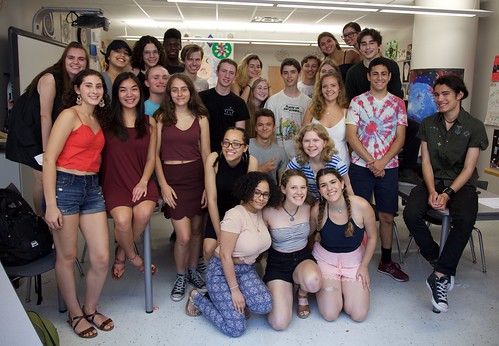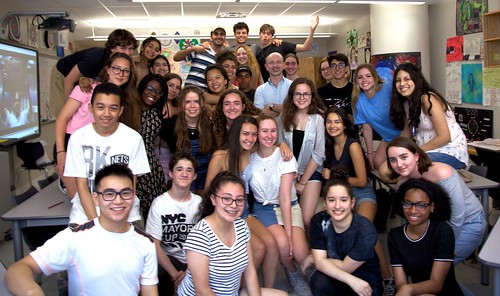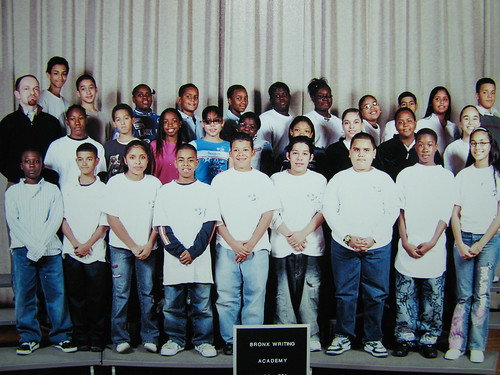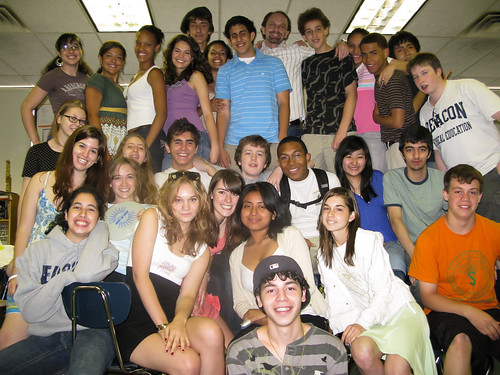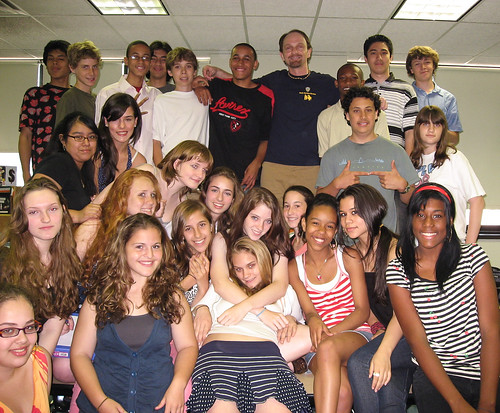1. The Alchemist–Read up to p. 87 (“The boy couldn’t believe what he was seeing:”)
2. Vocab Quiz
3. The Alchemist Student-Led Discussion–Post your discussion question on the class forum. Remember, you are shaping the discussion of this novel. The questions should be rooted in the reading and should lead us to a probing discussion of the text. Consider possible points of discussion that we have not explored…Keep in mind that class literary analysis asks that we closely examine the devices/elements to make holistic sense of the novel.
4. SH5/1984 Essay–First draft due Monday, Mar. 2nd!
HW10 due 2/26: The Alchemist and Vocab Quiz
HW12C due 2/23: Man’s Search for Meaning
1. Man’s Search for Meaning–This is a very important text (for a number of reasons) so read it and read it closely. Read and annotate the first 65 pages!
2. Precis on That Individual due 2/27. Linked, you will find a helpful guidelines sheet. One amendment–Opening line should read as: In (Title of source), (Author) (a rhetorically accurate verb such as “assert,” “argue,” “suggest,” “imply,” “claim,” etc.) (THAT clause containing the major assertion or thesis statement of the work).
Have a meaningful, authentic break in thought and deed! In lieu of the Untruth, embrace the Truth! (surely I jest…?)
HW10 due 2/23: The Alchemist!
1. The Alchemist–Read and annotate up to p. 82 (stop with “Why do they make things so complicate?”
2. Slaughterhouse Five/1984 Essay–First draft due 2/26!
HAVE A WONDERFUL BREAK!
HW12G due 2/23: Confessional Poem and Villanelle
1. Confessional Poem! Free verse… No length requirement…
2. Villanelle–Unlike the confessional poem, this is a fixed form poem! You must closely follow the form requirements of the villanelle. Including:
- 19 lines of verse (5 tercets and 1 quatrain)
- Rhyme scheme
- Set number of syllables/beats per line (you choose a number and stick to it)
- Don’t forget the refrains! The fist and third line of verse repeat throughout and follow a specific pattern.
Additionally, for both poems I would like to see you practice with some of the elements of poetry we have discussed in class: alliteration, assonance, consonance, caesura, end stop, enjambment. Further, poetry is a celebration of the “painterly” nature of writing using image and various tropes (i.e. metaphor, symbolism, etc). Let’s see that as well in your poetry…
3. Letters to a Young Poet–We will begin reading when we return, so please have your copy upon your return.
HAVE A WONDERFUL BREAK!
HW12G due 2/13: Lady Lazarus and a Tercet
1. Lady Lazarus by Sylvia Plath–Read and annotate! (Print out of course)
2. Villanelle Tercet–Write the first tercet of your villanelle! BUT, first you must decide on the subject for your villanelle. Then…the tercet! The first tercet may just be the most important as two of the three lines of verse are repeated throughout the villanelle. Remember, the rhyme scheme! Also, choose a number of syllables per line of verse and stick to that number throughout your villanelle. So, choose wisely; in choosing, think about how you want the poem to sound. The villanelle and confessional poem that you write over the break will be the first two poems in your poetry portfolio.
3. Over the break, please purchase Letters to a Young Poet by Rainer Rilke











































































































